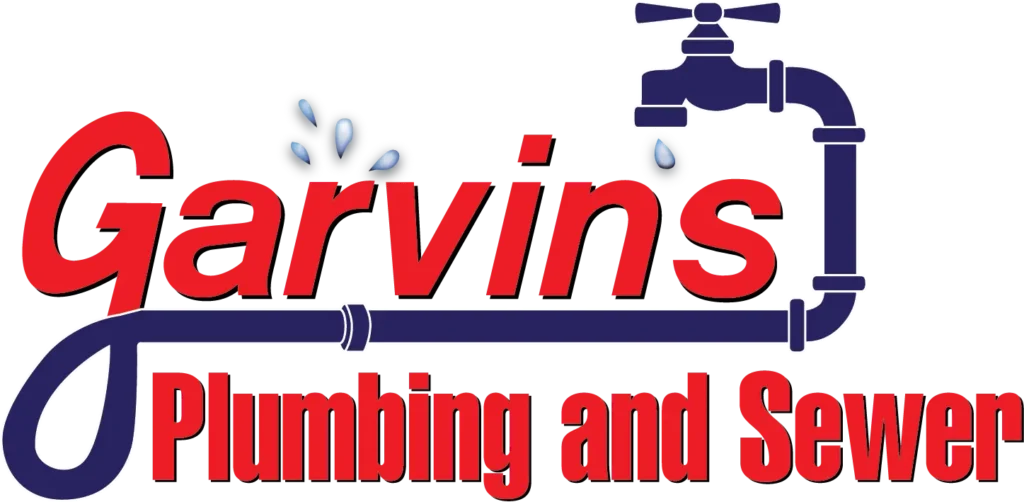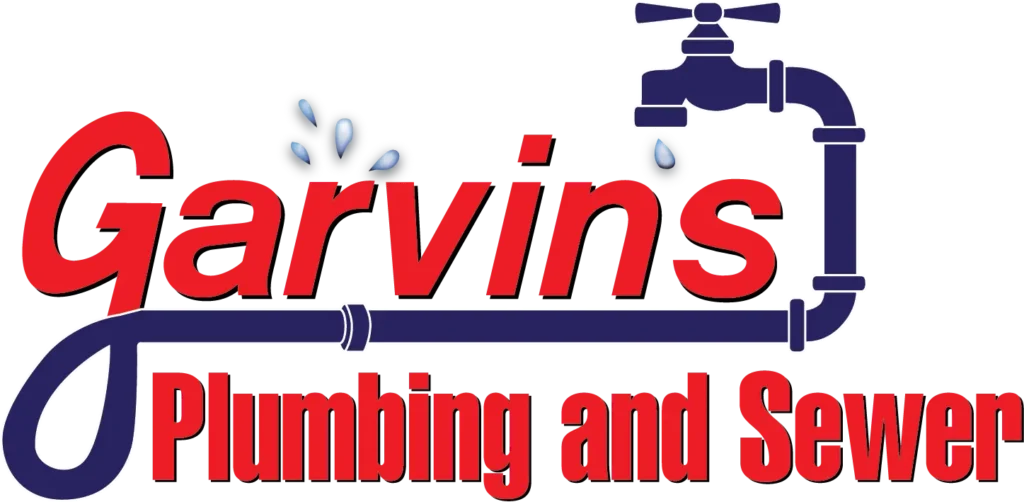
Garvin's Sewer Service
Signs Your Water Heater is Going Bad
It’s the height of summer, and with the heat we try to think cool. Cool rooms, cool drinks, cool showers…they all help…

Garvin's Sewer Service
Plumbing Tips Every Homeowner Should Know: Part 2
Welcome back! If you missed the first part of this blog, read it here. We promise, it’s worth it! Let’s continue, without…

Drain Cleaning Denver
Spring tips to keep your plumbing humming
Spring in Colorado: What a tricky time. It will be sunny one day and cold the next. The wind will howl on…

Common Plumbing Issues
Why spring is the perfect time for sewer line maintenance
Trees look so gorgeous covered with snow in the winter, don’t they? In the autumn they appear to bed down and take…

Garvin's Sewer Service
Tips for Keeping Your Sewer Line (& Plumbing) in Top Shape
Happy New Year! We hope you have an amazing year, full of health and prosperity. Lots of folks around the world rang…

Common Plumbing Issues
What can go wrong with plumbing in a newer home
You love the thought of a new home. New kitchen. Open floor plan. The office with a view. The yard with so…

Garvin's Sewer Service
Love your plumbing and your sewer line and they will love you back
Today’s blog is brought to you by the letter “M.” Give us an “M,” give us an “A,” give us an “I”……

Garvin's Sewer Service
Does hot weather affect your plumbing?
Oh, yes. It does. Mother Nature’s frigid fingers can cause pipes to burst during our cold winter months in Colorado. But, did…

Garvin's Sewer Service
Don’t forget these outdoor plumbing tips as you tip-toe through the tulips
“Those were the best days of my life…” ~Bryan Adams Barbecues. Belly flops into the pool. Frisbee golf. “My…

Garvin's Sewer Service
Plumber or Plumbing Contractor in Denver?
Remember the Yellow Pages? When you needed a plumber, you cracked open ye olde yellow book and hoped for the best. Those…

Clogged Drain
5 Tips to Prevent Plumbing Problems
It’s amazing in 2021 to ever imagine life without indoor plumbing. Many of us, especially first-time home buyers, seemed to take plumbing…

Commercial Drain Cleaner
Water Conservation Tips for Food Service in Englewood, CO
For several decades, Garvin’s Sewer Service has been synonymous with professional plumbing and drain cleaning service near Englewood. So it stands to…




